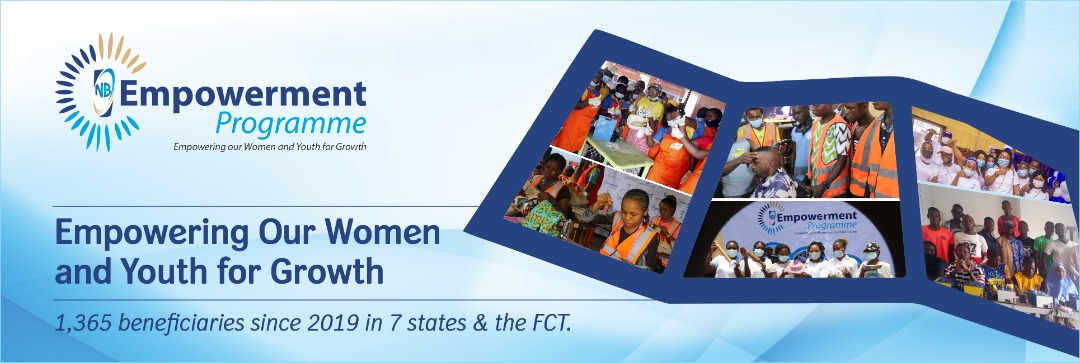By Yemi Adedeji, Abuja
Global Progress Report of the Sustainable Banking Network, an IFC-supported organization of banking regulators and associations, says Nigeria has introduced banking reforms to expand sustainable lending, becoming one of 34 emerging markets that are becoming a major force in driving development and fighting climate change.
The report commended the endorsement of the Nigerian Sustainable Banking Principles by the Central Bank of Nigeria (CBN), which ensures a strong level of involvement from 34 national and international banks.
It provides practical indicators and tools for countries to apply to their own domestic markets, regardless of their size or stage of development, because it facilitates learning by all members and accelerates the pace of change.
The report also stated that the principles and their accompanying sector specific guidelines provide financial institutions with adequate and detailed elements for building their E&S policies, adding that Nigeria stands out as one of the most advanced SBN members in the area of reporting.
It emphasised that financial institutions are required to report and disclose their E&S policies and performance on a biannual basis. To continue to advance the growth of sustainable finance, the report suggests that the Principles could integrate guidelines and definitions related to green financial flows and provide financial or non-financial incentives.
“Those 34 countries account for $42.6 trillion in bank assets—more than 85 percent of total bank assets in emerging markets. Some are wealthier than others, but all of them have made progress in advancing sustainable finance. Eight countries—Bangladesh, Brazil, China, Colombia, Indonesia, Mongolia,Nigeria, and Vietnam—have reached an advanced stage, having implemented large-scale reforms and put in place systems for results measurement.
“This progress is an important step toward achieving the Sustainable Development Goals by 2030,” said Ethiopis Tafara, IFC’s Vice President for Legal, Compliance Risk and Sustainability. “It shows that even the poorest countries can adopt sustainable finance reforms. The Sustainable Banking Network has demonstrated in a short time how much can be achieved when regulators, policymakers, trade associations and development institutions collaborate to advance sustainable finance.
“The intention of the report is to provide practical information to SBN member countries to help them develop public policy. It is a useful guide not only for regulators and the governments, but also for banks, steering them towards what they could and should do from the bottom up,” it noted.
Eme Essien Lore, IFC Country Manager for Nigeria said, “IFC congratulates Nigeria for proactively establishing and implementing sustainable banking principles by becoming the first African country to become a member of the Sustainable Banking Network. Today, Nigeria stands out as one of the most advanced Sustainable Banking Network members in reporting, requiring financial institutions to disclose their environmental and social performance on a bi-annual basis.”
















